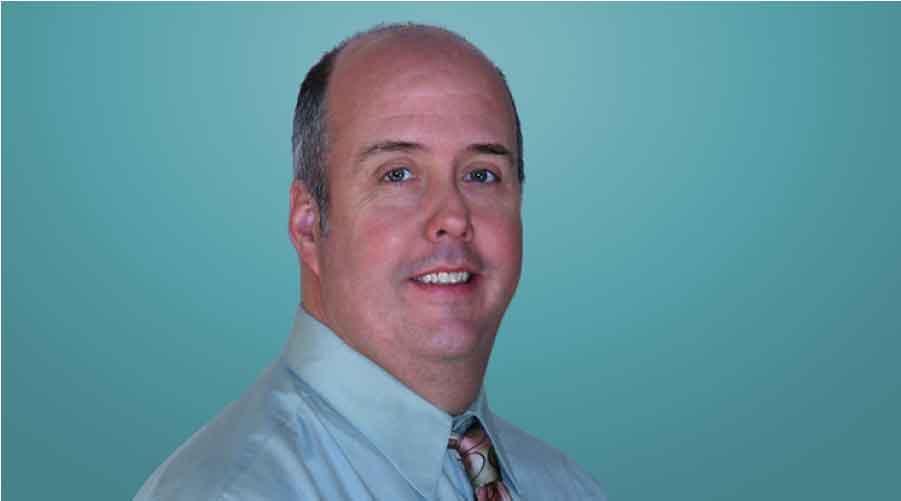Here are some additional tips for women on steering clear of roadblocks and growing their careers in facility management. Among the points are the limits of loyalty and the need to build credentials.
Get out of Dodge. Loyalty is a great quality, but sticking with a position for too long can cause you to go stale and could limit growth opportunities. "One of the things I advise people to do is to get as much experience as they can, and that doesn't mean necessarily staying years and years with one company," says Lesley Groff, director of facility solutions at Paul Davis Restoration & Remodeling. "They need to fit a very wide spectrum of everything from customer service to strategic planning." Facility managers hoping to tee themselves up for growth need to build their multi-stage experience, and one company is not necessarily going to do that, she says. Experience in finance is especially desirable these days.
Earn credentials. Do what you can for your own professional development so you can be seen as management potential, says Alana Dunoff, consultant, AFD Facility Planning, and associate adjunct faculty at Temple University. She also teaches IFMA's FMP credential, one of several offered by the industry. "Getting credentials, getting those letters after your name, shows the outside world that you are competent in your knowledge," says Dunoff. The credential serves several purposes. First it's a differentiator in the market and organization. It also is an external mark to show that someone is serious about her career and it validates her proficiency in facilities, she says, but it also translates into personal confidence.
Demand your worth. Women often rise to the level of middle management and then find themselves stymied. They're good at their jobs, and senior management is very happy to keep them there, says Lori Kilberg, president of CREW Network and partner at Hartman Simons & Wood. Why? "When we ask why these women aren't being promoted, the response is, they don't ask," says Kilberg. "They don't ask for the salary increases, they don't ask for the promotions because they feel that their merits should be observed, understood, and rewarded. We don't want to stick our hand up and say me, me, me."
Know your fit. Being able to develop a strong career hinges on finding the right fit, and understanding when you may have outgrown a situation. It comes down to whether or not there is alignment between an individual's goals and an organization's goals, says Maureen Ehrenberg, executive managing director for integrated facilities management at JLL. If your aspirations are different than the company's, "you know there at some point that you have to leave, and the longer you defer that decision, the more you're deferring your career," she says. Loyalty and patience are important, but be realistic about where the firm is going. "If you're with the wrong organization, it's time to look at the market and understand what would be the next place to go. Also, understand the culture of different organizations and where you'd be a good fit and where you wouldn't be a good fit and be realistic about that."
— Naomi Millán
|
















